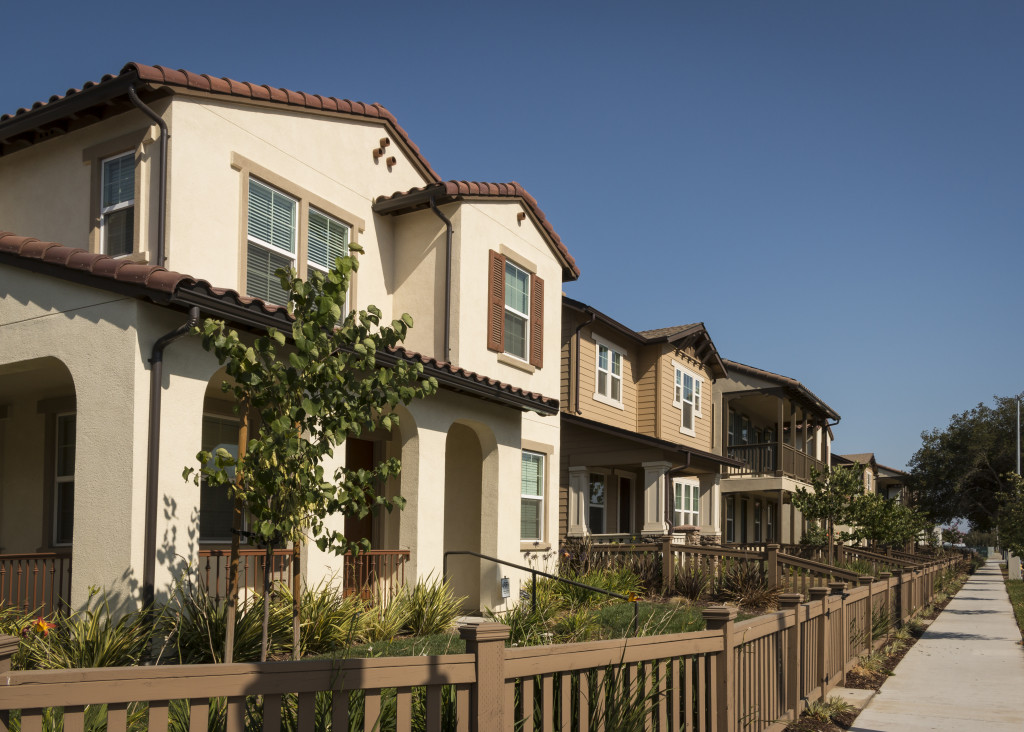- The neighborhood you live in can have a significant impact on your health and wellness.
- Walkable neighborhoods tend to have lower levels of obesity, high blood pressure, and heart disease.
- Being in nature can lower your stress levels, boost your mood, and improve concentration.
- Air pollution is a common problem in many urban areas, which can exacerbate respiratory problems and allergies.
- When researching potential neighborhoods, consider factors such as walkability, access to green spaces, air quality, amenities, housing costs, and educational opportunities.
Have you ever considered how the neighborhood you live in can affect your health and wellness? It’s true; your surroundings can have a tremendous impact on your physical, mental, and emotional well-being.
From access to parks and green spaces to the quality of the air you breathe, various aspects of your neighborhood can impact your health. In this blog, you will learn ways your neighborhood can affect your health and provide tips on how to find the best living environment for improved well-being.
Walkability
One of the most significant ways your neighborhood can affect your health is its walkability. Living in a walkable neighborhood means you’re more likely to engage in physical activity, which is critical for maintaining good health.
Moreover, walkable neighborhoods tend to have lower levels of obesity, high blood pressure, and heart disease. Walkable neighborhoods also have convenient access to public transportation, grocery stores, and restaurants.
Access to Green Spaces
Green spaces like parks, gardens, and open spaces can have a significant impact on your health and wellness. Studies have shown that being in nature can lower stress levels, boost mood, and even improve concentration.
Moreover, access to green spaces can increase your physical activity levels, which, as we mentioned earlier, is essential for maintaining good health. Access to green spaces also has numerous economic benefits, such as increasing property values and reducing crime.
Air Quality

The quality of the air you breathe can have a tremendous impact on your health. Poor air quality can exacerbate respiratory problems and allergies and even increase the risk of cardiovascular disease.
Unfortunately, air pollution is a common problem in many urban areas. The air quality in your neighborhood can vary greatly depending on a variety of factors, such as traffic, manufacturing, and seasonal pollen.
How To Find the Perfect Neighborhood
Now that you know how your neighborhood can affect your health, you may be wondering how to find the perfect place to call home. Here are the essential steps you need to take to ensure you find a neighborhood that’s right for you:
Set Your Priorities
Before searching for a home, make sure to determine what your needs and wants are. Consider factors such as walkability, access to green spaces, air quality, amenities, housing costs, and educational opportunities.
Research Local Real Estate Market
Once you’ve identified your priorities, it’s time to start researching the local real estate market. Look at various neighborhoods and compare prices, features, and amenities. You can also go to real estate developers’ websites to get more information about the properties they have for sale. This will allow you to compare different homes and make an informed decision.
Visit Potential Neighborhoods
An in-person visit is the best way to get an authentic feel for a neighborhood. Visit potential neighborhoods at different times of the day and speak with local residents to get their thoughts. You should also check out nearby parks, businesses, and other amenities.
Conduct a Home Inspection

Before committing to a home, make sure you conduct a thorough inspection. Have an experienced real estate professional or a trusted contractor inspect the property for issues that may not be visible to the naked eye.
Ask Questions
Finally, make sure to ask as many questions as you need before committing to a home. Reach out to real estate agents, local residents, and even city officials for more information on the neighborhood.
By taking the proper steps to find the right neighborhood for you, you can ensure your living environment is conducive to good health and optimal wellness.
From access to parks and green spaces, the walkability of the neighborhood, air quality, and amenities, it is essential to consider all these factors when looking for a new home. Taking the proper steps, such as researching local real estate markets, visiting potential neighborhoods, and conducting home inspections, can help ensure you find a place that promotes good health and optimal wellness.
With an informed decision, you can rest easy knowing your living environment will provide everything necessary for improved well-being. So if you’re considering relocating or buying a new property soon – don’t forget to keep these critical points in mind!




